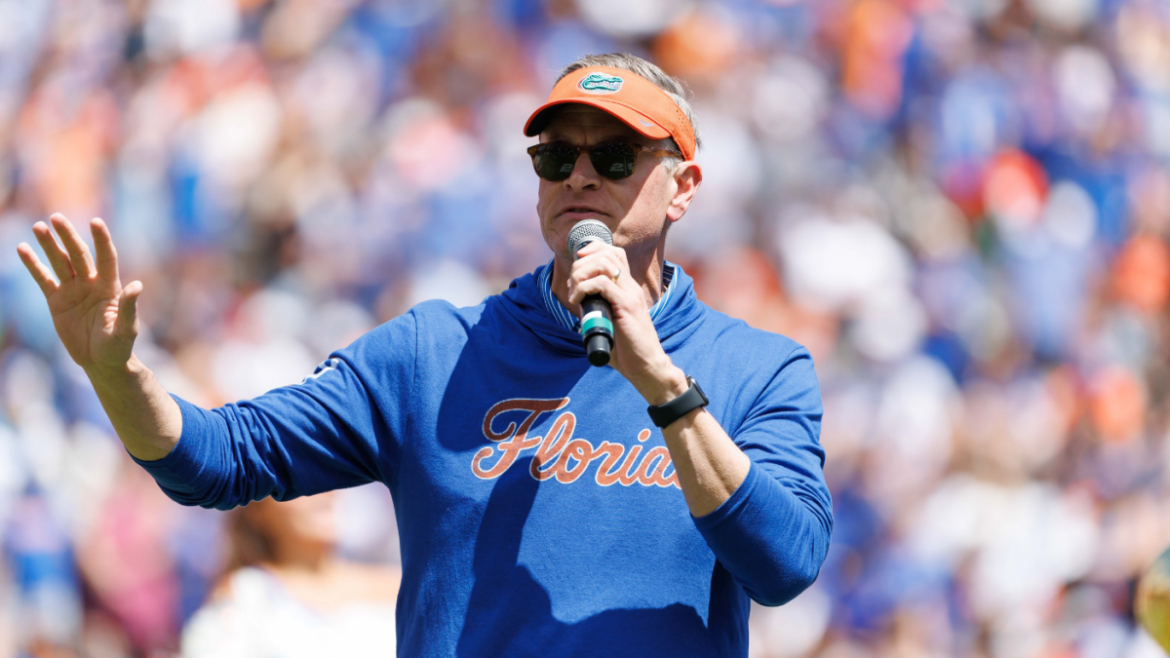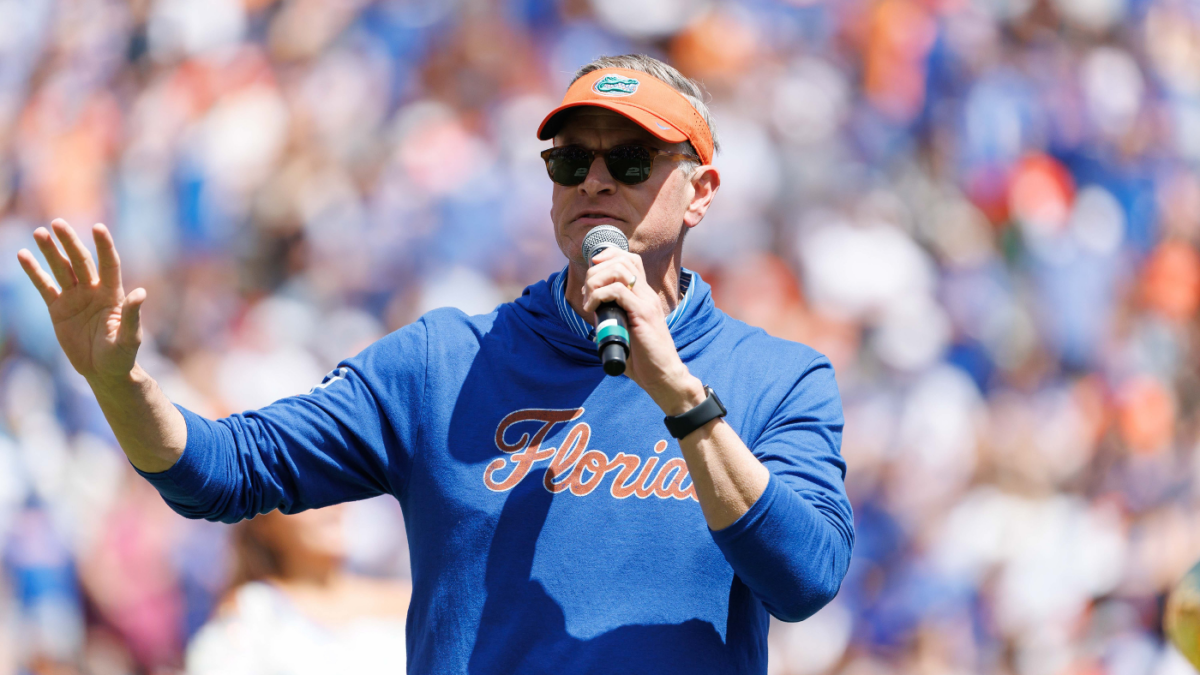Florida Athletic Director Scott Stricklin: Insights on College Football Playoff Expansion, SEC Representation, and Leadership Challenges
Scott Stricklin’s tenure as the University of Florida’s Athletic Director (AD) has been marked by active involvement in the evolving landscape of college football, particularly concerning the College Football Playoff (CFP) system and the dynamics within the Southeastern Conference (SEC). His experience as a former CFP selection committee member from 2018 to 2021 places him in a unique position to comment on the playoff’s expansion, committee efficacy, and challenges facing the Florida Gators athletic department.
The 12-Team College Football Playoff Expansion: A New Era
The CFP, since its inception, has featured a four-team playoff system to determine the national champion. Stricklin has been a vocal advocate for expanding this format to include 12 teams, effective with the 2024 season. From his perspective, this change is a “healthy” development for college football’s postseason for several reasons:
This viewpoint underscores his advocacy not just for expansion, but also for transparent and fair selection mechanisms in college football’s postseason framework.
SEC Championship Structure and Scheduling Innovations
Stricklin has also engaged with discussions around restructuring SEC championship formats and reforming playoff seeding processes. These conversations aim to optimize competitive balance within the conference and enhance the overall championship pathway clarity.
Additionally, Stricklin has taken proactive measures to improve the Florida Gators’ scheduling outlook. He has publicly called for Power Five schools to collaborate and schedule compelling nonconference games, recognizing that quality matchups attract fans and strengthen teams’ resumes for postseason consideration. This initiative reflects his broader strategic vision of positioning Florida as a high-profile program in an increasingly competitive college sports environment.
Leadership Challenges and Accountability at Florida
While Stricklin demonstrates vision and expertise on playoff and conference issues, his leadership at Florida has encountered notable obstacles, particularly with the football program and women’s sports.
Broader Vision: Navigating College Football’s Future
Stricklin’s engagement with the College Football Playoff system and collegiate athletics at large reveals a forward-looking mindset. He embraces large-scale changes shaping the sport, including conference realignments, playoff expansions, and governance reforms. His perspective is that these shifts, while disruptive, offer opportunities to enhance the sport’s competitiveness, fairness, and fan appeal.
On social media and in public forums, Stricklin has demonstrated a willingness to learn, lead, and adapt—traits crucial for managing a high-profile athletics program amid rapid changes in college sports.
Conclusion: A Thoughtful Architect of Change in College Athletics
Scott Stricklin’s multifaceted role as Florida’s Athletic Director and former CFP committee member situates him at the intersection of historic shifts in college football. His advocacy for the 12-team playoff expansion, coupled with cautious criticism of committee-based selection, reflects a nuanced understanding of what makes postseason competition both equitable and enthralling.
While his leadership faces undeniable challenges on program performance and internal management fronts, Stricklin’s transparency, strategic scheduling initiatives, and commitment to evolving the SEC and college football landscape demonstrate resilience and vision.
As the College Football Playoff system evolves and the Florida Gators navigate their competitive path, Stricklin’s insights and actions will remain central to shaping how postseason glory and athletic excellence are pursued in one of the nation’s premier football programs.





